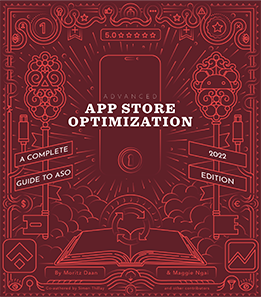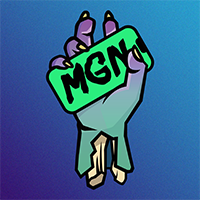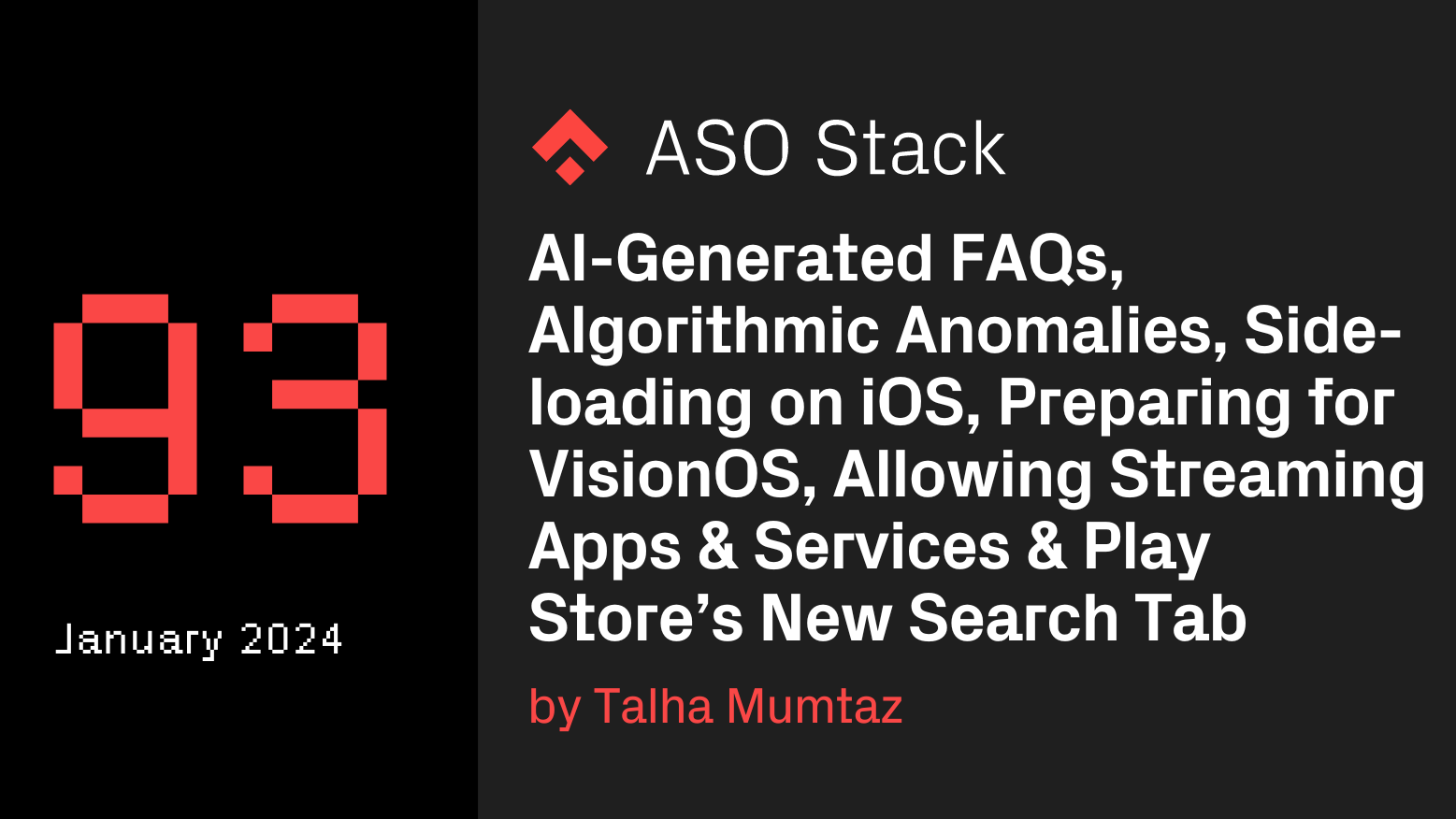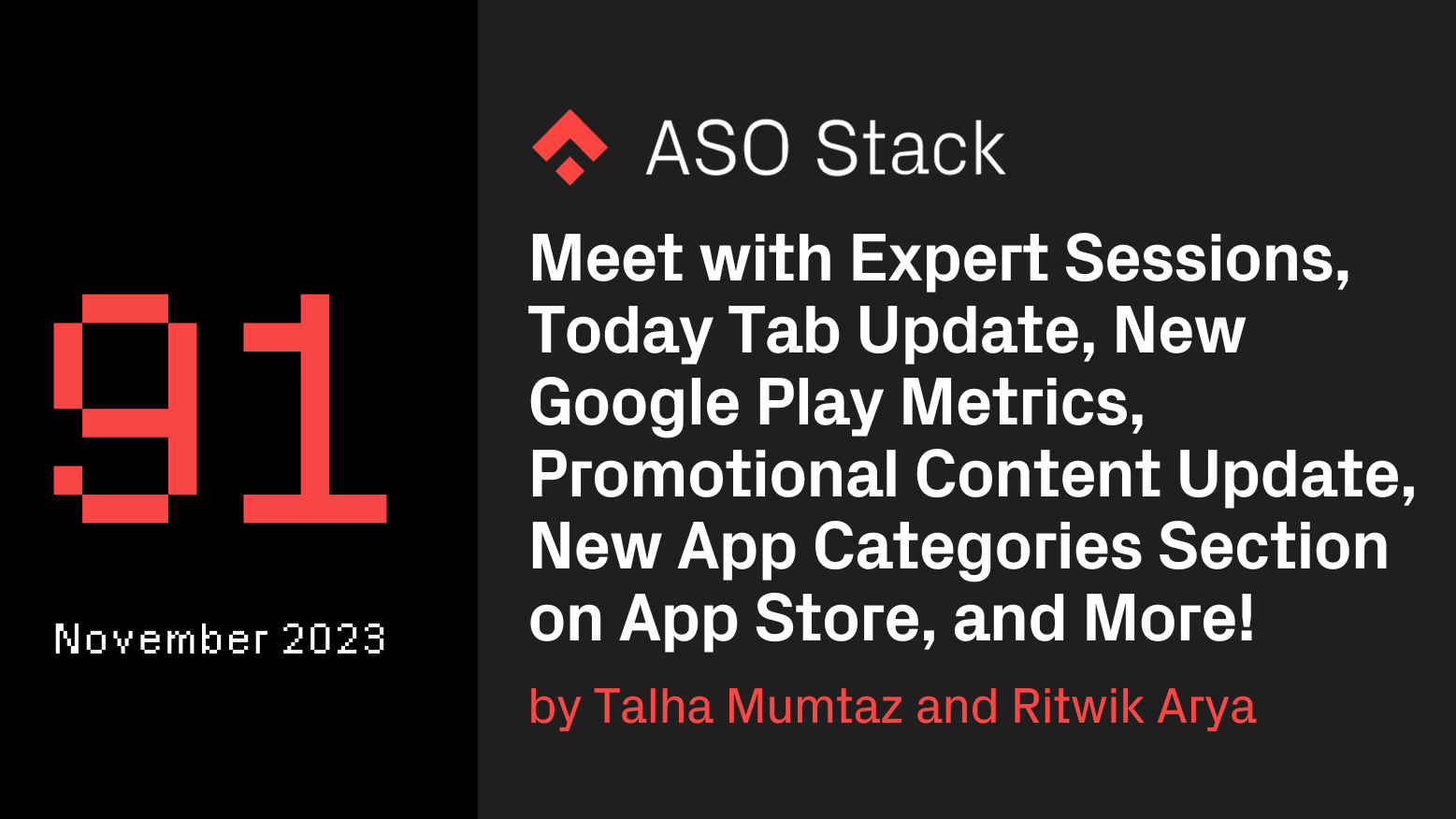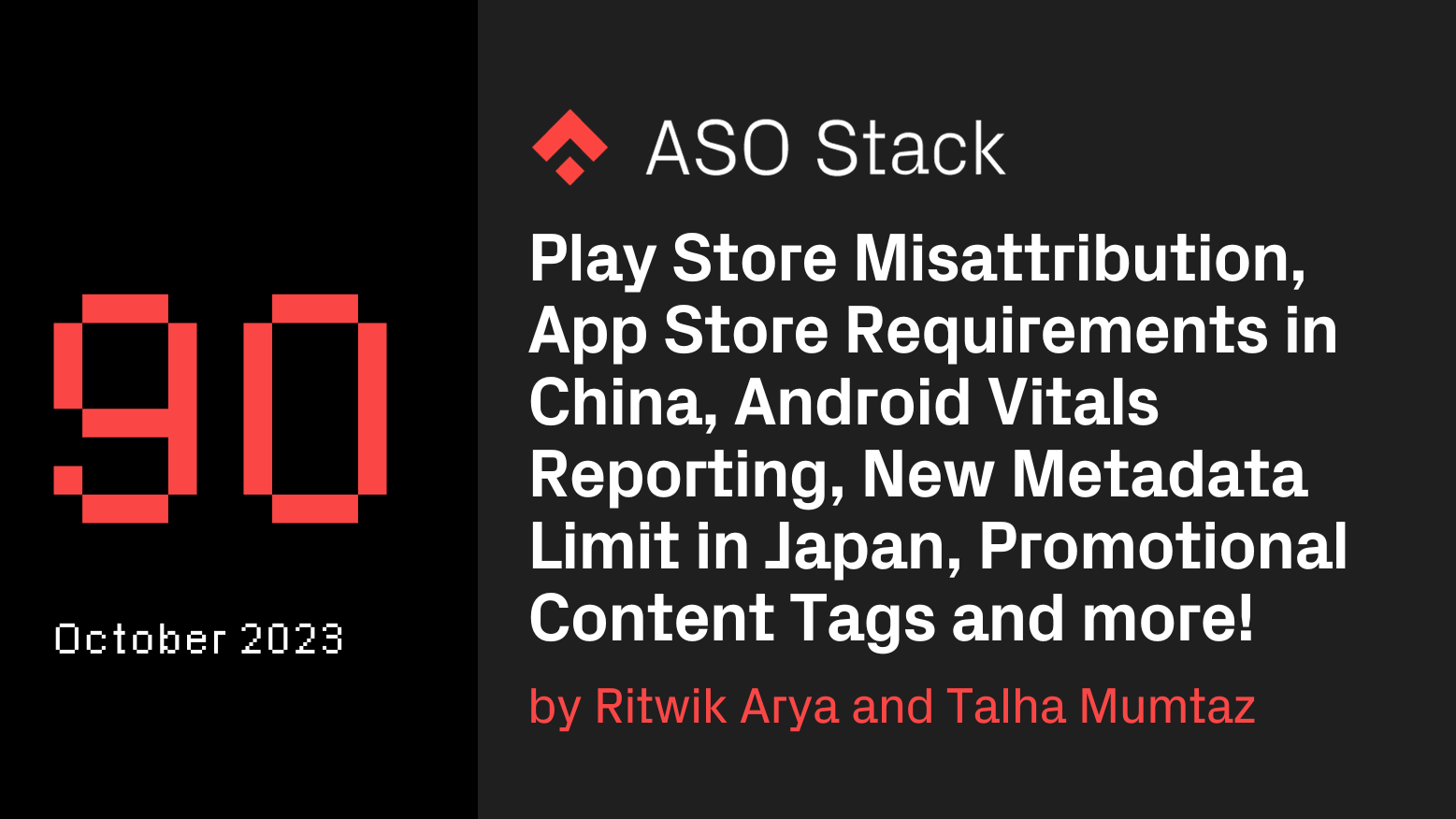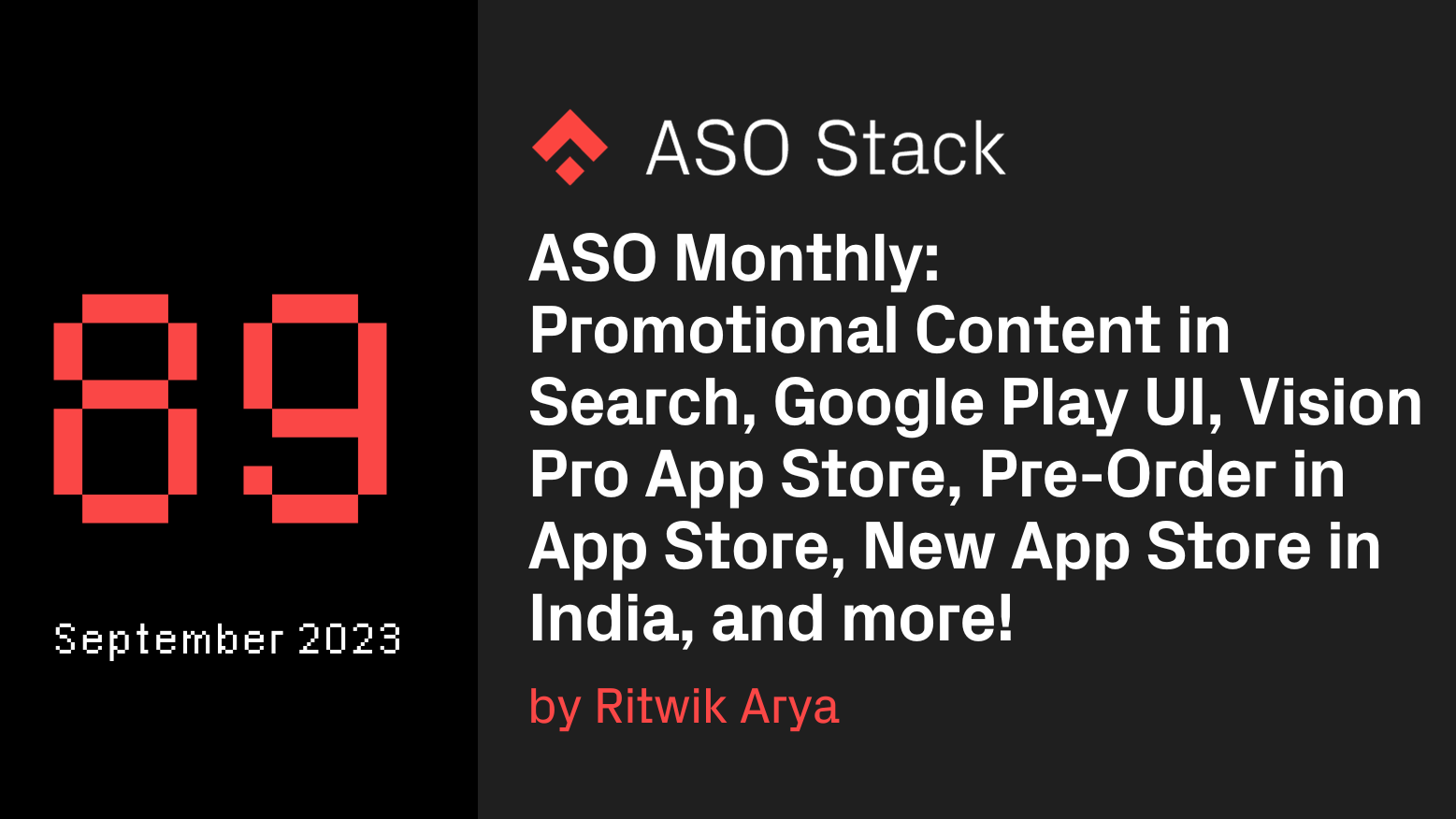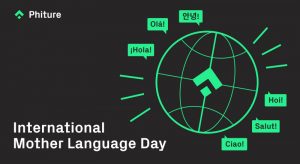
Phiture is an international company. Although we’re based in Berlin and we work in English, our team is made up of a multitude of different nationalities, with even more spoken languages and dialects.
To celebrate International Mother Language Day, we spoke to a few of our team to learn more about their mother tongues, along with some insights on this year’s theme: Using technology for multilingual learning: challenges and opportunities.
Anastasia Karpikhina – Russian

What’s your favorite saying/expression in your mother tongue(s)?
Индюк думал, что купается, пока вода не закипела – the turkey thought he was bathing too, until the water boiled over.
Why do you think it’s important for children to begin learning in their mother language?
I think that it is very important to be able to speak with your child in your own native language, especially if you live in a country that speaks a different language in its social environment. It helps to keep at least some cultural ties to your origin and is always an asset for the future as well as bring more opportunities for the kid.
Erica Saraval – Portuguese (Brazil)
 What’s your favorite saying/expression in your mother tongue(s)?
What’s your favorite saying/expression in your mother tongue(s)?
Sextou – It’s Friday (with a feeling that nothing else matters).
171 – 171 is an article of our Penal Code (the expression is used to point a suspicious person or situation).
Mano – dude/man. We can express different emotions with one word, depending on the situation, e.g. maaaaaano (surprised), mano! (pay attention!), etc.
Dois palito – two toothpicks (to express something is done super fast).
How has technology helped you to learn a new language?
Accessing lessons or taking classes from anywhere. Also, it allows you to connect with other people either learning the same language or as a mentor for learning their language.
Ini Müller – Spanish (Español Rioplatense – Uruguay/Argentina)

What’s your favorite saying/expression in your mother tongue(s)?
My grandfather was a very optimistic man, and I’m glad I got that from him. We have a funny way of saying ‘the apple doesn’t fall far from the tree’: Lo que se hereda no se roba – what is inherited is not stolen.
He used to say: No hay mal que por bien no venga – which has a similar meaning to ‘every cloud has a silver lining’ and literally means something like there is nothing bad that does not come to bring something good.
“Technology brings us closer to remote places”
Why do you think technology is useful for learning languages?
Technology makes access to information and learning fairer and more equitable. By having access to the internet and an electronic device, anyone, anywhere in the world can learn any language. However, it is important to remember that 41% of the world’s population does not have access to the internet, let alone an electronic device.
Jorieke van den Broek – Dutch

What’s your favorite saying/expression in your mother tongue(s)?
Met je neus in de boter vallen – to fall with your nose in butter. It means being very lucky, stumbling upon a very pleasant experience, at the right place at the right time.
“Speaking it feels like home”
What is your favorite thing about your mother language(s)?
Living in Berlin and working in English, I sometimes go days without speaking my mother tongue. When I do speak it, it is mostly with family. The familiarity of speaking with your loved ones in your own dialect, with those small inside jokes you developed over the years, really feels like coming home. I love that the Dutch are big fans of a good pun.
Mairead Dowling – English/Irish
 What’s your favorite saying/expression in your mother tongue(s)?
What’s your favorite saying/expression in your mother tongue(s)?
Ar muin na muice – on the pig’s back, but it basically means being very happy or living it up.
Aithníonn ciaróg eile – beetles recognize each other, but roughly it means ‘it takes one to know one’.
Fittingly, two other great ones are:
Is fearr Gaeilge briste, ná Béarla cliste – better have broken Irish than clever English
Beatha teanga í a leabhairt – living language is a spoken language. It’s generally used to mean that the only way to keep Irish alive is to keep speaking it.
How has technology helped you to learn a new language?
Online translators have come along hugely. Sites like Linguee provide a list of instances or sentences containing the word you’re trying to translate, so you can understand better how exactly it’s used, and in what contexts. It’s mostly these types of sites (Linguee, Reverso, DeepL, and Pota Focal, which is one of the only Irish resources online) that have helped me learn a language.
Mathieu Linel – French (‘Molière’s language’)

What’s your favorite saying/expression in your mother tongue(s)?
Le train de tes injures roule sur les rails de mon indifférence – the train of your offenses rolls on the track of my indifference.
Why do you think technology is useful for learning languages?
Technology allows for learning on the go, since our phones are always in our pockets. We have instant access to content that’s regularly updated and optimized to help us learn.
Shivani Chhabra – Hindi

What’s your favorite saying/expression in your mother tongue(s)?
तत्त्वमसि (Tattvamasi) – you are the essence!
Why do you think it’s important for children to begin learning in their mother language?
I believe beginning to learn in your mother tongue helps you stay connected with your traditions and cultures better and helps one to always have a sense of belonging. It also helps you to understand the roots better.
Winda Adjani – Indonesian
 What’s your favorite saying/expression in your mother tongue(s)?
What’s your favorite saying/expression in your mother tongue(s)?
Jam karet – rubber clock. It’s the Indonesian approach to time (as Indonesian people are really accustomed to being late to an agreed appointment!).
How has technology helped you to learn a new language?
When I first moved from Bali to Australia, I didn’t speak English and I was quite shy and nervous to talk to people. My dad bought me a little portable dictionary device that I would always take with me everywhere. I didn’t use it as much as I expected because it’s quite hard to live-translate during a conversation, but it was nice to know that it’s there in case I needed it!
Soyeon Kim – Korean

What’s your favorite saying/expression in your mother tongue(s)?
밥 먹다 정들다 – to become friends with/become close to each other by eating together. This is definitely the one I would choose as an expression that portrays one of the core values of Korean culture and the people. Sharing meals and eating together means much more than simply gratifying their hunger together, but we develop a connection with one another over food and feel bonded afterward. We also don’t have the exact expression for ‘how are you?’ or ‘how are you doing?’ in Korean — we literally ask ‘have you eaten?’.
“I feel more connected to myself and others”
What does speaking your mother language(s) mean to you?
It’s the way for me to elaborate on very subtle sentiments or emotions. I often struggle a lot to find a proper translation in English for some Korean terms, adjectives, or expressions, as they are so delicate to explain, which consequently makes the (closest) translation sound pretty flat and even off. By using and speaking my mother tongue, I feel capable of exploring more about myself in a broader sense. I feel I have a more comprehensive understanding of my identity and the culture that made me who I am.
Rita Bastos – Portuguese (Portugal)

What’s your favorite saying/expression in your mother tongue(s)?
Saudade – the feeling of missing someone or something. It’s a word unique to the Portuguese language and describes the feeling of nostalgia, of longing for something or someone you truly care about.
“Technology helps bring people together”
What does speaking your mother language(s) mean to you?
Home. Fortunately, we have some Portuguese-speaking people at the office and, whenever we get the chance to speak in Portuguese, it always feels like having a warm hug from home and a chance to reconnect. Also, it feels like freedom. While we’re fluent in English, nothing compares to expressing yourself in your mother language; being able to just speak your mind with ease.
Interested in growing your app or becoming a Phiturian? We want to hear from you. Contact us by sending an email to [email protected].
Table of Contents



